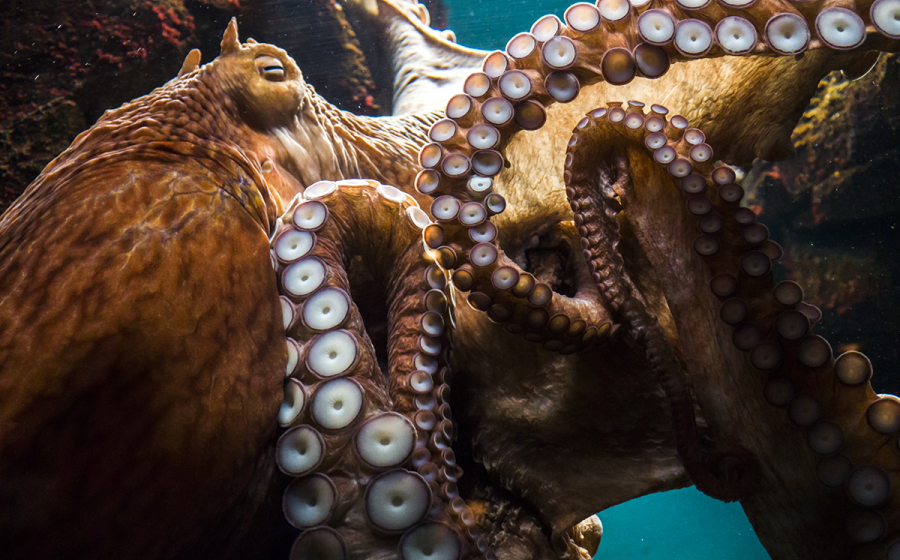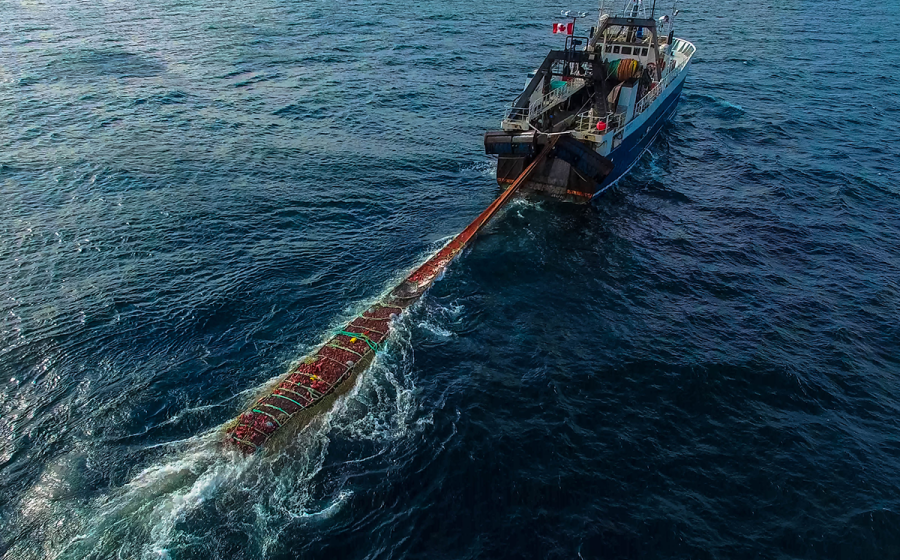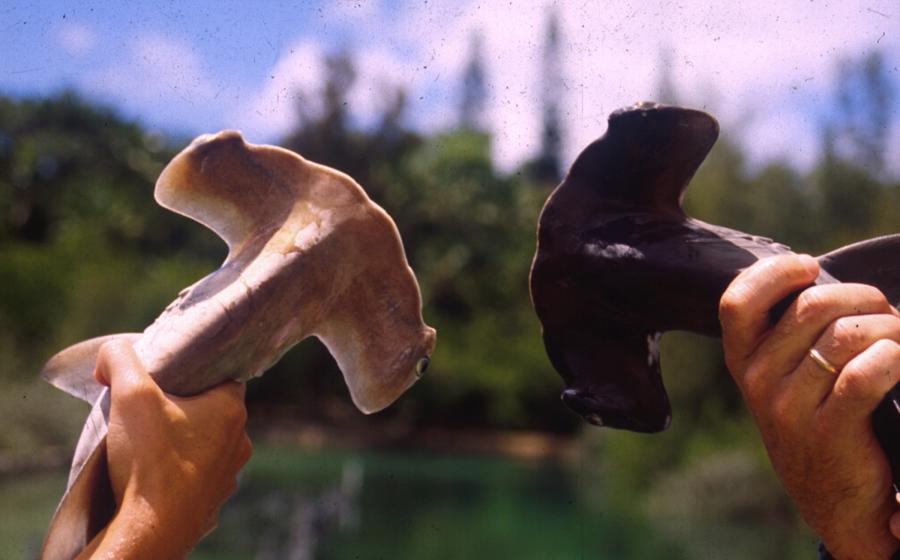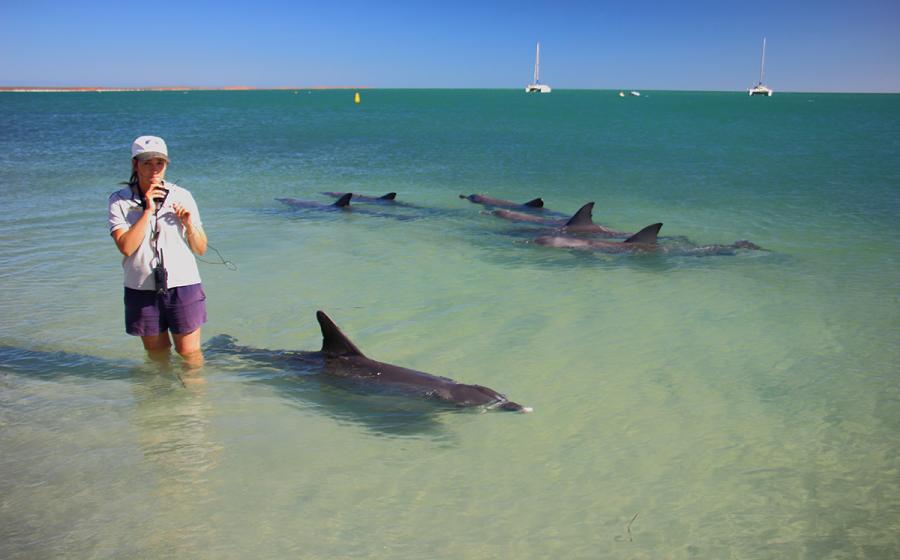David Shiffman, Ph.D. Articles
Photographs of marine animals can educate and inspire. In this edition of “Ask a Marine Biologist,” Dr. David Shiffman discusses whether taking those photos hurt the animals.
In this edition of Ask a Marine Biologist, Dr. David Shiffman answers questions recently sparked by a frozen shark found in Cape Cod.
In this edition of Ask a Marine Biologist, Dr. David Shiffman answers one of the most-asked questions about sharks—are they mammals, fish, or something else?
Here’s everything you should know about sea turtles, including how long they live, how fast they can swim and where they lay their eggs.
Marine biologist Dr. David Shiffman provides the ocean facts you want to know in this marine Q&A!
Here’s how many brains and arms octopuses have, how long they live, what octopuses are, and more.
The impact this style of fishing has on the ocean depends greatly on what seafloor environment is subjected to the tactic.
Sealife has been known to get sunburnt, but animals have their own ways to avoid skin damage during a life outdoors.
A marine biologist shares what degrees it takes to break into the field, where they work (it’s not always in the ocean!), how much you can make as a marine biologist and more.










